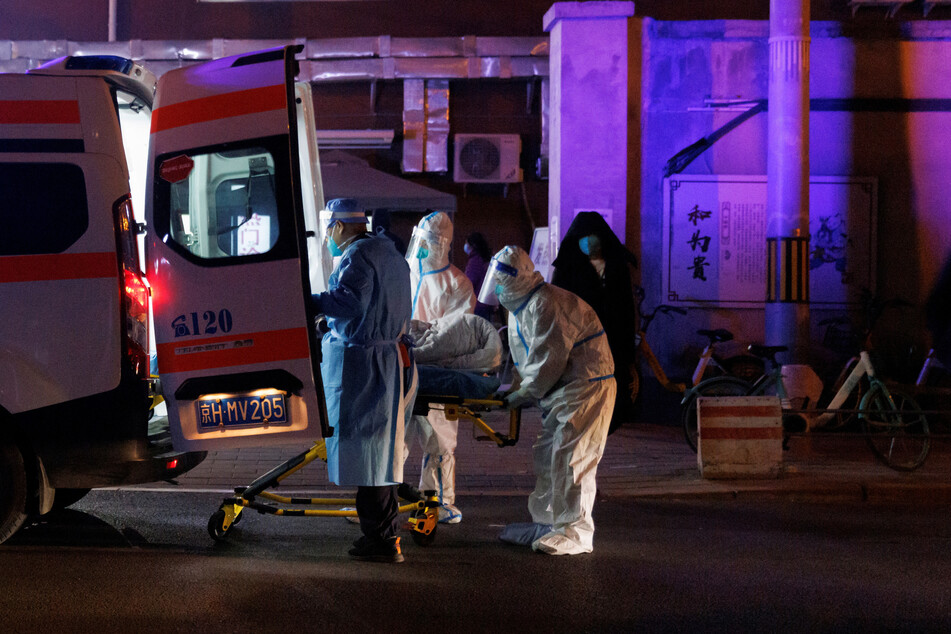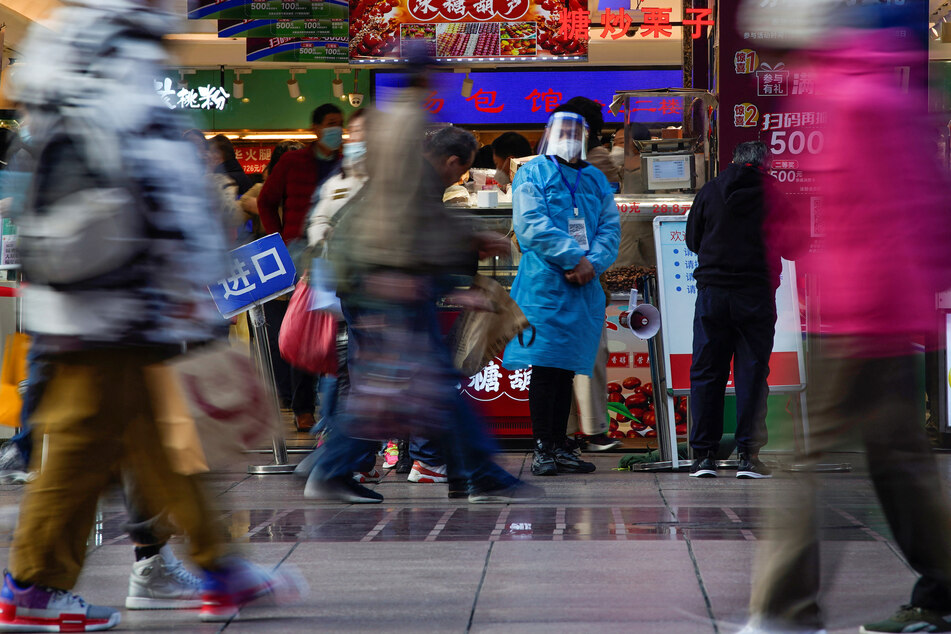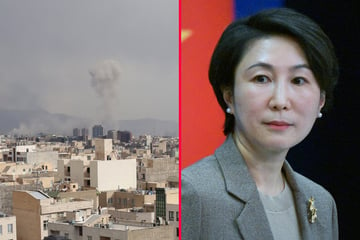China facing "gigantic wave of infections" after end of zero-Covid policy
Beijing, China - Since the relaxation of China's strict zero-Covid strategy last week, hospitals across the country have become inundated by a surge of infected patients.

In major cities such as Beijing, Guangzhou, Chengdu, and Shijiazhuang, hospitals experienced "the first shock of a gigantic wave of infections and a shortage of health personnel," Chinese business magazine Caixin reported on Monday.
In a radical turnaround last Wednesday, the government announced a far-reaching easing of lockdowns, quarantine rules, mandatory testing, and travel in China. It followed weeks of protests against the previously strict measures.
The unexpected change of course caught many hospitals largely unprepared.
Many emergency wards are reportedly overcrowded, with people seeking help often forced to wait up to five or six hours in long queues, sometimes in very cold weather. Hospitals are struggling with separating Covid-19 cases from other patients, and with protecting their own staff, according to accounts.
"Our hospital follows strict protective measures every day, but with the increase in patients, the infection rate among our medical staff is high," the Zhongguo Shibao newspaper quoted a doctor at a hospital in the southern province of Guangdong as saying.
Some hospitals are already relaxing their own safety protocols, with doctors reportedly even working despite being infected with Covid-19 themselves.
China pivots on Omicron messaging

After urgently warning people of Omicron in recent months, the government is now downplaying the danger of the virus and comparing the infection to an ordinary flu.
People have also been strongly warned against going to hospitals unless absolutely necessary. Rather, people are encouraged to treat the infection at home with flu medicines.
In many pharmacies, cold or fever medicines and rapid tests are sold out.
Experts fear that the wave will particularly affect the elderly, many of whom are not sufficiently vaccinated for fear of side effects. Only 40% of people older than 80 have received a booster shot so far.
Leading epidemiologists predict the wave will peak within a month, according to the Global Times.
Cover photo: REUTERS

